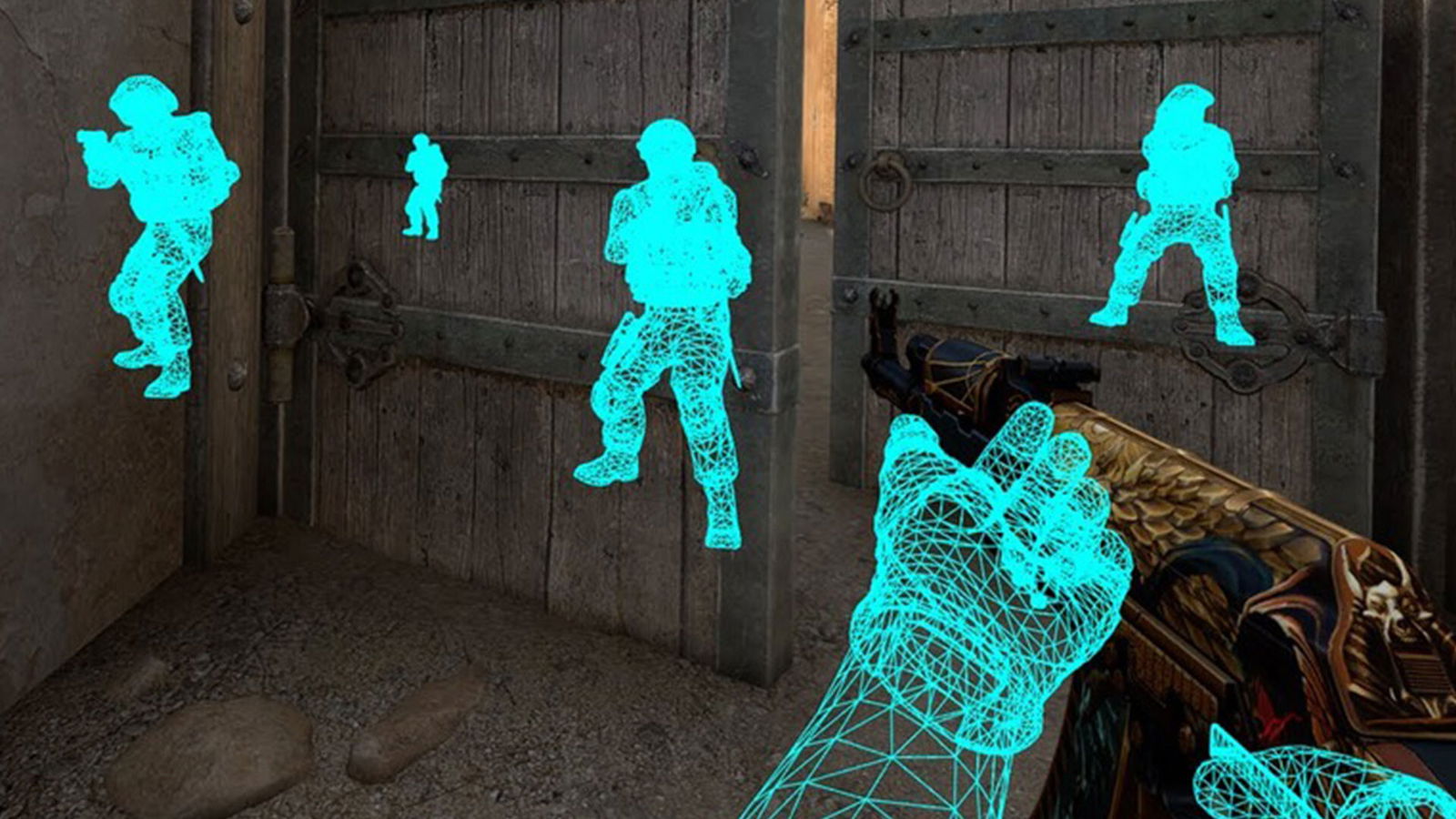Since the introduction of online gaming, the gaming industry has continued to grow exponentially, with players from around the world engaging in gaming activities. However, as the industry grows, cheating in online games has become a widespread issue. Cheating is tarnishing competitive integrity and frustrating players. It takes various forms, from aimbots in first-person shooters to unauthorized in-game currency generation, resulting in cheating escalating in both casual and professional gaming.
Recent reports estimate that the online gaming industry loses millions annually due to cheating, mostly because players quit in frustration or because the in-game economy is disrupted. The good news is that blockchain technology is emerging as a potential solution thanks to its transparency, immutability, and decentralized system.
Comprehending the impending challenge
In the early days, cheating involved simple hacks, but it has evolved into complex operations exploiting game mechanics and server vulnerabilities. It is especially widespread in multiplayer games, as cheating not only affects individual players but also compromises the integrity of the gaming ecosystem.
There are already various traditional anti-cheat measures, including monitoring tools and user reports. However, these measures have limitations. Hackers often find ways to circumvent these methods, resulting in an ongoing battle between game developers and cheat developers.

Securing game assets with crypto wallets
One way to add a layer of security and ownership in the gaming industry is through the usage of crypto wallets. These can be visualized as ‘online wallets’ where players can store in-game assets. These crypto wallets are then secured by blockchain technology, which prevents hackers from stealing or tampering with valuable in-game assets.
Furthermore, wallets offer a way for players to trade in-game items in a safe way through decentralized marketplaces, which reduces the risk of fraud associated with traditional trading systems. There are many operators offering crypto wallets, so it is important to research what the best crypto wallet is and compare operators to ensure the highest level of security, hence reducing the risk of cheating.
Blockchain’s immutable ledger: The key to fair play
The core of blockchain is also what shows the greatest potential in solving these issues: the immutable and transparent ledger. Blockchain-powered games mean that all transactions, in-game actions, and player progress are recorded on the blockchain. This makes tampering with game data nearly impossible. The decentralized nature of blockchain ensures no single party can alter or manipulate game outcomes without consensus from the network. In other words, everything would be transparent to all players.
In gaming, blockchain can be used to record transactions, game events, player achievements, and in-game behavior. As a result, the system prevents players from altering game files, making it difficult to cheat, as all actions must match the records stored on the blockchain. For example, if a player attempts to duplicate an in-game item or alter stats, there would be a discrepancy between the blockchain and the player’s local data. This would immediately be flagged as illegitimate, preventing the cheat from affecting the game.

Automated rule enforcement with smart contracts
The smart contracts of blockchain is another tool that can be leveraged to combat cheating. Self-executing contracts enforce game rules automatically, with no need for human oversight. For example, in multiplayer games, these smart contracts can be programmed to detect abnormal behaviour, including score manipulation and aimbots. Once a cheat is detected, smart contracts can impose penalties. This could, for example, be banning the player or resetting the in-game progress. Smart contracts are a part of the blockchain, hence all executed through the smart contracts are done in a trustless and tamper-proof manner.
As a result, developers do not need to rely solely on user reports and anti-cheat software, which can be reverse-engineered. Instead, game rules are encoded in the blockchain, which enforces them and provides robust anti-cheat mechanisms.
Tokenized identities and accountability
Yet another key feature of blockchain is the ability to tokenize player identities. This means that each player is linked to a unique and traceable digital identity. With tokenized identities, games can track all player actions in a transparent way, which makes it easy to spot and hold cheaters accountable. Since these identities are verifiable on the blockchain, players cannot just create a new account after being banned. A result is that cheaters are discouraged from exploiting the anonymity which is often associated with online gaming.
Tokenized identities also foster accountability, which builds trust within gaming communities. It means that players can be confident that competitors are playing fairly, which enhances the overall gaming experience while also providing rewards for positive behaviours.
Preventing in-game economy exploitation
The in-game economy is becoming a vital part of many online games, but many cheaters often try to exploit these economies by generating unauthorized in-game currency. This can result in hyperinflation and an imbalance in gameplay. Blockchain can safeguard in-game economies by ensuring every transaction is verified through the blockchain.
Another powerful tool is non-fungible tokens (NFTs), which represent ownership of unique digital assets. Blockchain ensures that these assets cannot be duplicated or forged, preventing players from generating fake items or hacking in-game inventories.



